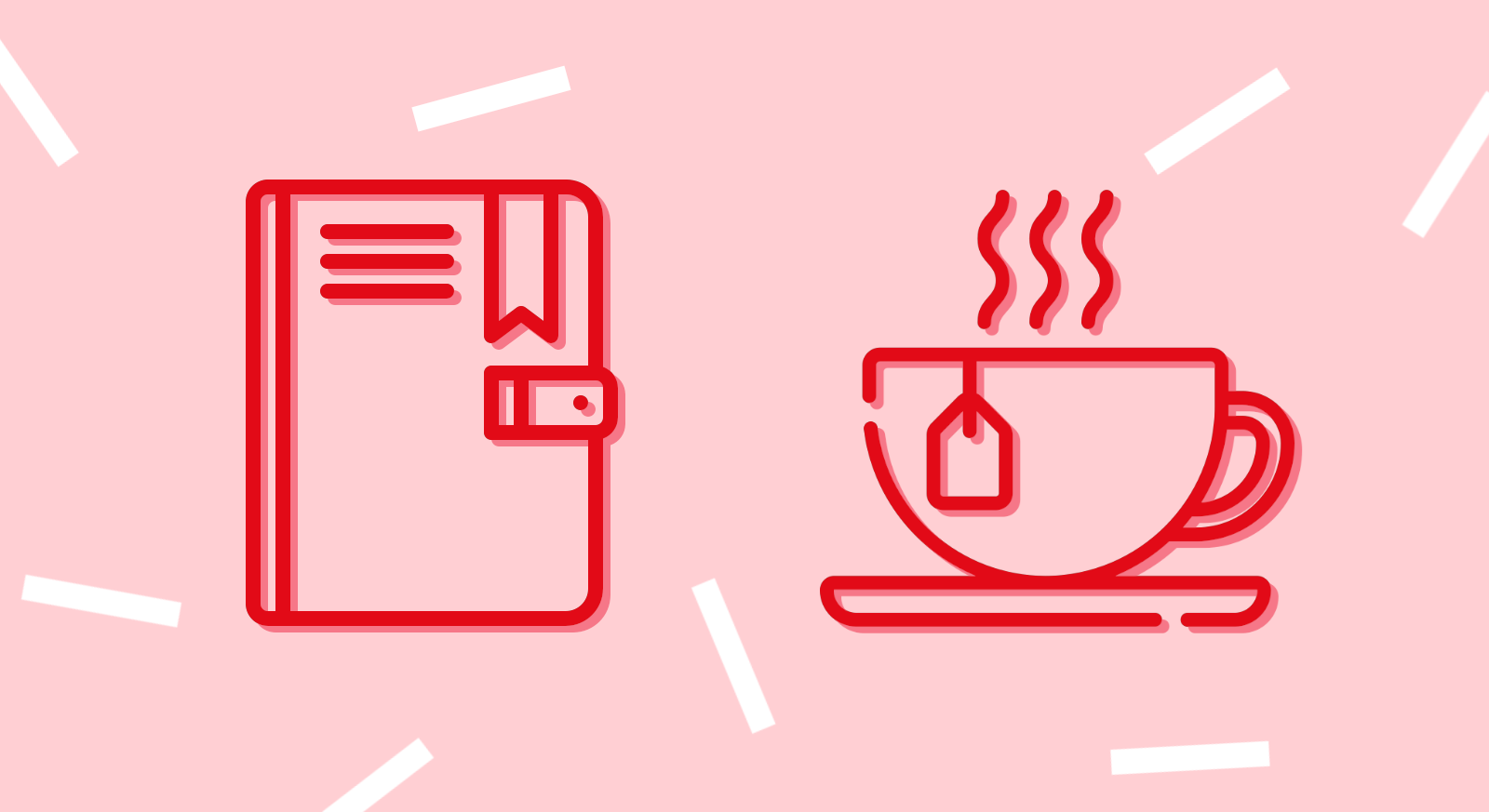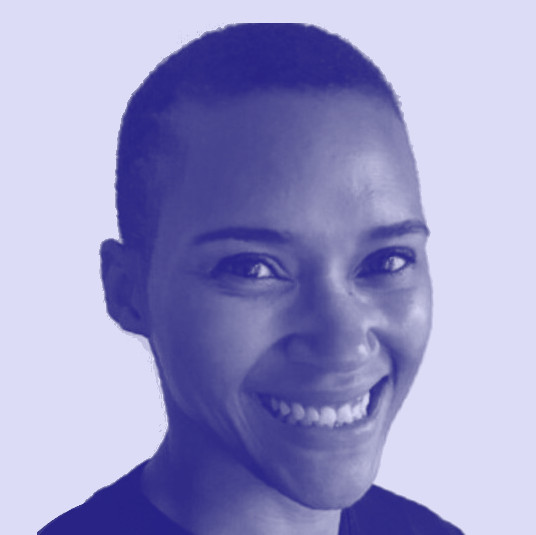I came to UX research from a career in mental health nursing and I believe strongly that we need to incorporate self-care into our practice.
Our working lives have changed post pandemic. More than ever, we’re looking at how we can strike a good work-life balance.
With remote or hybrid working as the norm people can easily slip into overwork.
Without the standard markers of the beginning and end of the day it’s easy to get into the habit of working out of hours. You start early, even if it’s just checking emails or Slack. And you finish late, never quite switching off at the end of the day.
And, as a result, it can be difficult to get into work mode during core hours because you haven’t properly recharged.
User researchers are no different.
When we’re engaged in high pressure projects, sometimes having harrowing conversations with users about sensitive subjects, switching off can be really hard.
It’s important to make sure we don’t burn out before we realise it’s happening.
Self-care is an important part of the solution to that problem.
What is self-care and why is it important?
Self-care is taking the time to do things that help you live well.
Most of us know what that looks like in our own lives. It might be a relaxing bath, a cross-country run, time out with a book or podcast, playing an instrument, or even competitive axe-throwing with your friends.
In a medical context, it specifically means taking steps to look after your own health. For example, choosing to drink less because you know it helps you sleep, or finding time to exercise.
It’s not about being lazy or self-indulgent. These are actions or activities that increase our sense of calm, wellbeing and control.
But how do we take it into our work practice?
Learning about self-care from other professions
As user researchers, we’re especially good at looking at, and learning from, the lives of others.
This was a huge pull for me when transitioning from practicing as a mental health nurse to a UX researcher.
But the privilege of being let into someone else’s world also means taking on the responsibility of keeping everyone from harm, including yourself.
That’s especially true when speaking with users who have been through traumatic events, or discussing potentially distressing topics.
Depending on your project, you might be having many such conversations for several weeks at a time.
In UX we benefit so much from people joining the profession from a variety of walks of life.
There are many bright, empathetic, and intelligent user researchers at SPARCK who have applied their skills in anthropology, marketing, and beyond.
In that same vein, here’s what I learned about self-care as a mental health nurse working in therapeutic teams, and how we might embed some of this in our research practices.
1. Supervision
In a clinical supervision you might sit with your supervisor, and other colleagues of various experience levels, to talk about cases or clients.
You might focus on those that have been especially challenging or seek to increase your knowledge and skills so you can better support service users.
Typically, clinical supervision might happen once every six weeks.
This might also work in user research.
A group of researchers could take time to think about their approaches to work, where they had challenges, and where others on the team have experience to share.
By building this professional community, inside or outside of work, you can lighten the cognitive load of working at pace and understand people’s complex and varying experiences in a safe, confidential space.
2. Debrief
As a clinician, after a difficult intervention – with a patient on a psychiatric ward, for example – you would have a debrief.
You’d acknowledge what went well, what didn’t, and how you’ll review or monitor the situation from now on.
This happens as soon as possible after an event to help people:
- ‘share their calm’ (co-regulate)
- understand what happened
- plan the multidisciplinary response
In a UX context, you might have an interview with someone going through a difficult time, or a series of difficult interviews scheduled in a short window.
Building in this regular debrief time with team members, observers or colleagues at the end of the process could be helpful.
It would give you chance to calm down and to acknowledge the difficulties, and perhaps the unexpected triumphs, of a user research session.
You might just want to sit with a challenging thought and, with the support of others, come up with another way to approach the research that might yield better responses.
3. Have a self-check-in
As clinicians working in mental health, we often asked ourselves:
- What are you bringing to the session?
- What biases might you have that could change how you see someone?
- How might those biases change how you approach your work?
- Are there things that trigger or fatigue you?
As user researchers, we strive to be objective, and to stay level-headed. This kind of exercise works well for us, too.
Look at the questions above and write down your answers. Think about how you might mitigate against your own biases and baggage.
Thinking in this way can help you pre-emptively look after yourself, preparing yourself for difficult situations.
Reach out to your team before where possible and communicate with them and get support.
4. Plan, plan and plan again
In a remote world, user researchers have learned to plan for technical failures, camera mishaps and a whole host of other problems in research sessions.
But have you thought of planning your self-care programme for a particularly challenging piece of work?
A rule many clinicians use is not to hold an especially difficult client session in the late afternoon.
What if, for example, someone discloses something late in the session that is a safeguarding concern?
No one wants to spend frantic hours trying to track down someone to provide support or escalate a problem like this, especially last thing on a Friday.
You might also want to plan time off to recharge after intense rounds of research, and make sure you’ve ringfenced regular breaks during the working day.
5. Keep a learning or reflection log
A lot of people keep a journal as a form of self-care. If it’s on the page, it’s often out of your head, and that can reduce the mental burden.
In therapeutic professions keeping a learning log can:
- help show how far you have come in your practice
- highlight stumbling blocks
- record where you might want to develop
This can also work especially well in user research where many practitioners have academic backgrounds and default to writing as a way of processing their thoughts.
Filling it in regularly is helpful. When looking back over it at the end of a challenging period you’ll appreciate how much you’ve managed to accomplish.
This can be particularly affirming when working (or wading) through the ambiguity of an early-stage project. It’s great to be reminded of your tried and tested tools, and the kind of problems you’ve solved in the past.
Take care of your self
At SPARCK, our user research practice is dedicated to ensuring we provide the best self-care infrastructure for both our teams and for the users we speak to.
We pull from our collective experiences and skill sets and take a trauma-informed approach wherever possible.
And, as you’d expect any good researcher working in design to do, we test, iterate and learn from our experiences, working towards the best self-care possible.
What does this mean in practice? My colleagues on the self-care team (Keara Cormier-Hill, Mónica Costa, Amanda Donavanik and Zuzanna Lito) have spent many hours building self-care tool kits.
They’re a tool to help us embed best practice, induct new team members, and keep self-care front and centre.



